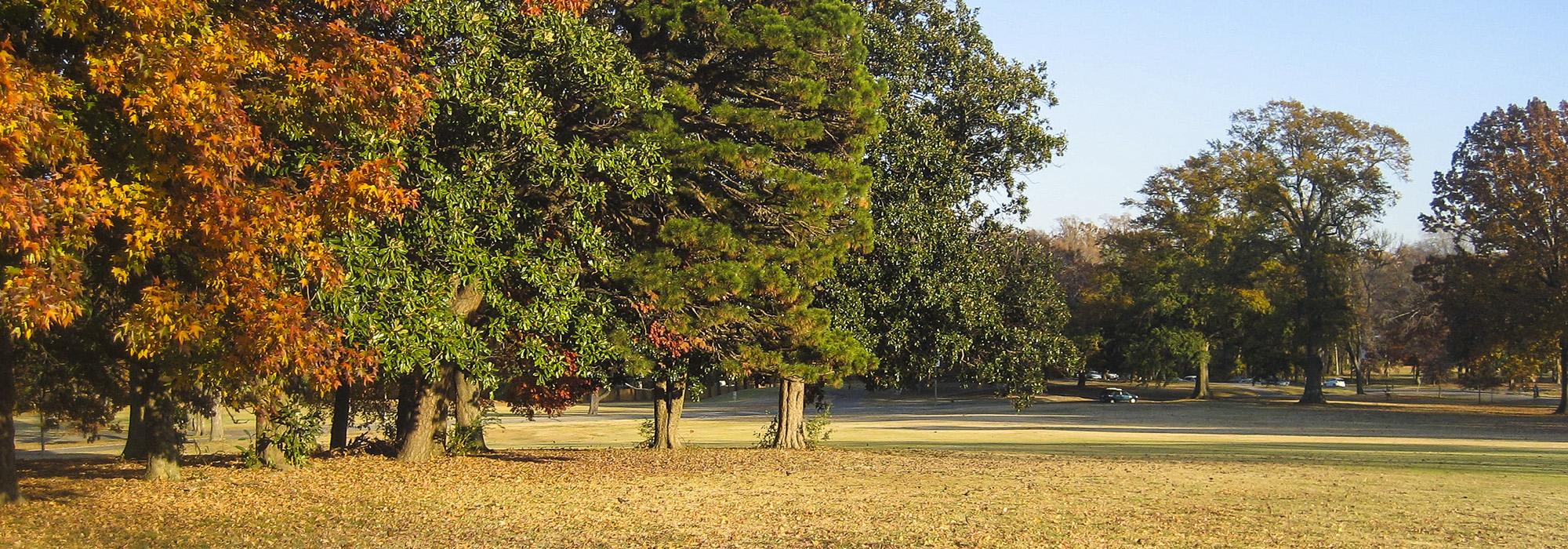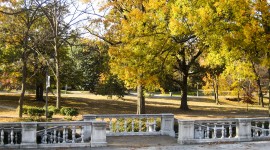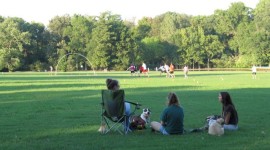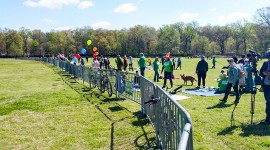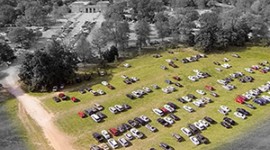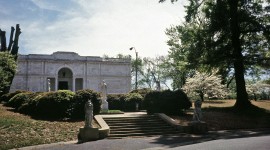From Parkland to Parking Lot: Overton Park Is Threatened Again
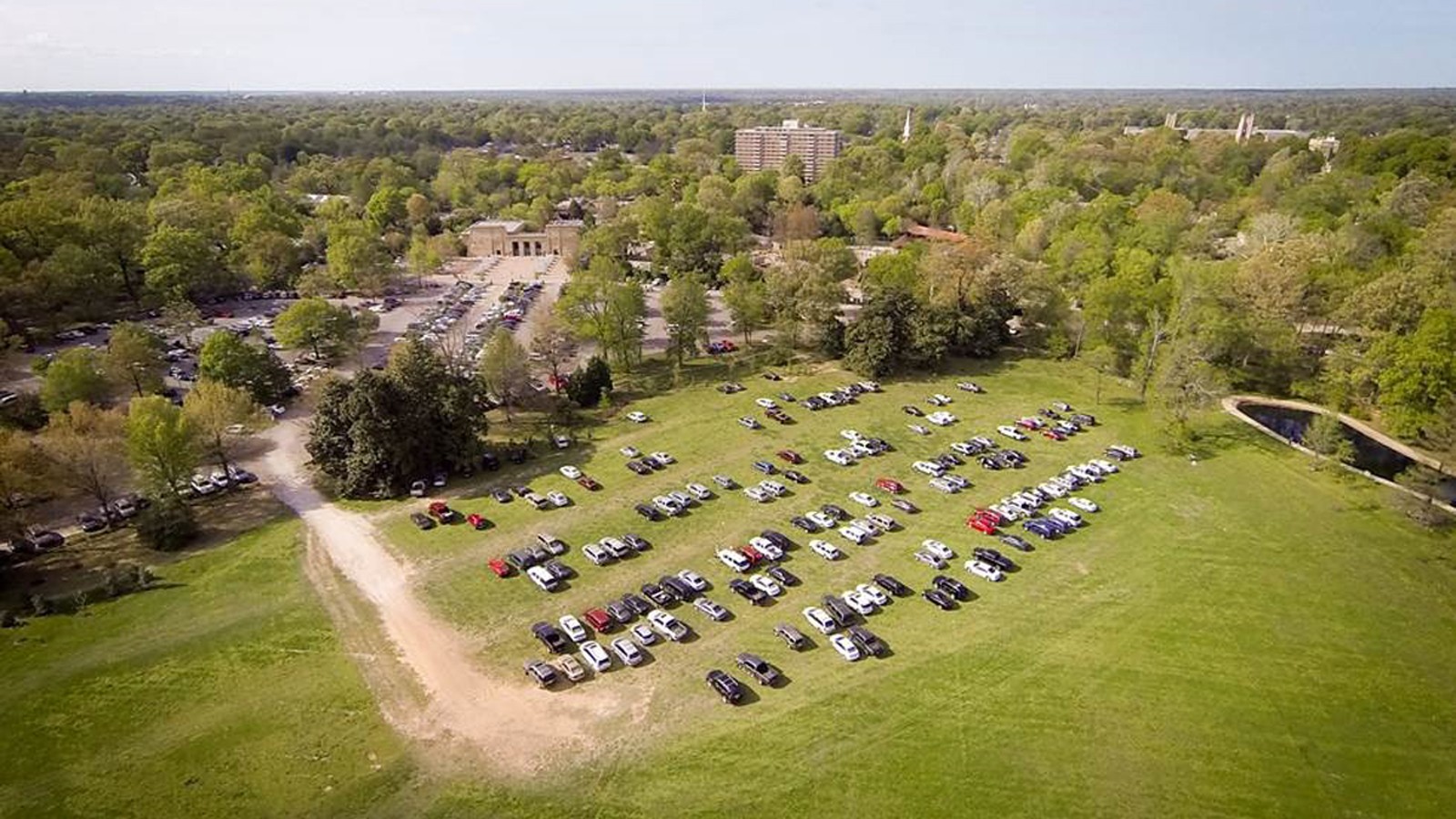
Editor’s Note: The Memphis Zoo’s stated mission is “to connect people with wildlife,” and its espoused vision is “to preserve wildlife through education, conservation and research.” We encourage the zoo to reflect on the principles that guide it as a cultural institution, and on how the success of its mission and vision is measured.
Designed in 1901 by George Kessler and listed in the National Register of Historic Places in 1979, historic Overton Park is once again under threat. The greensward of the 342-acre Picturesque landscape in Memphis, Tennessee, is being used as an overflow parking lot by the Memphis Zoo, one of the cultural resources located within the park. On January 21, 2016, the zoo filed suit to secure a legal declaration of its right to manage the greensward, which could turn the open space from parkland to parking lot.
History
Long considered the crown jewel of the Memphis park system, Overton Park was developed during the City Beautiful movement at what was then the eastern edge of Memphis. George Kessler, a nationally important landscape architect and planner, designed the park more than a century ago, adding selective plantings, rustic bridges, curving drives, ponds, and bridle paths to the naturally wooded acreage. The park was among the earliest of Kessler’s landscapes to be added to the National Register of Historic Places. While the park comprises myriad amenities, the greensward is the only open space suitable for hosting a variety of active and passive recreational activities. Beloved by Memphis residents and nationally recognized for its historical significance, the park has endured ill-conceived plans in the past. For example, when Interstate 40 was slated to be routed through the park in 1955, local citizens began a nearly two-decades-long fight that led to victory in the U.S. Supreme Court, whose 1971 landmark decision on Overton Park set a national precedent in preservation law. TCLF included Overton Park in its Landslide program in 2009, noting that the Memphis Zoo, which is located on the northwestern edge of the site, was using the greensward for overflow parking; city engineers had also proposed to install a sixteen-foot-deep retention basin in the greensward for collecting stormwater runoff. While the latter threat was successfully averted, parking on the greensward continued.
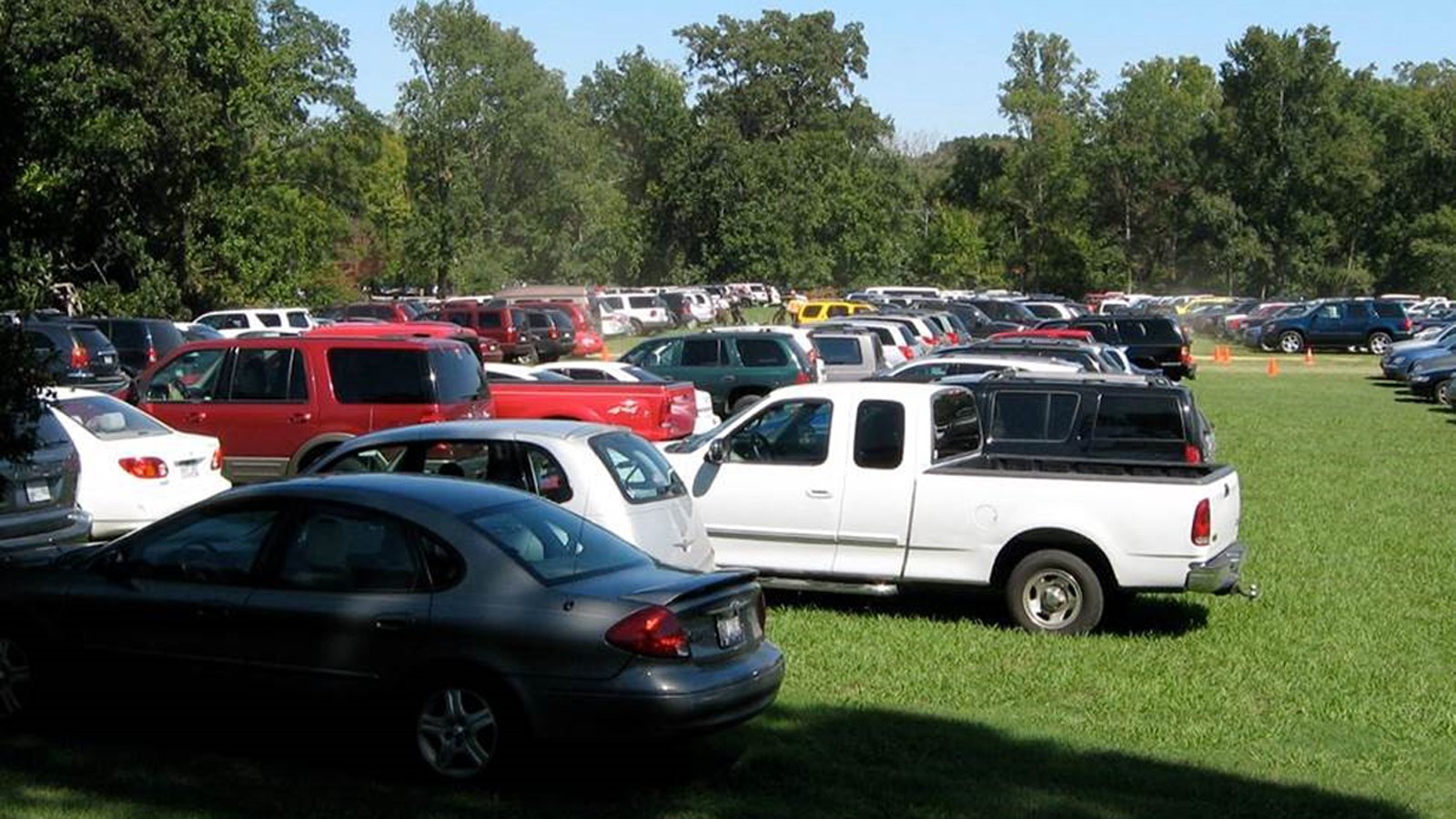
Threat
The Memphis Zoo has continued to use Overton Park’s greensward for parking, with as many as 600 cars parked there during peak events on more than 60 days per year. In 2011, the non-profit Overton Park Conservancy (OPC) was formed to provide support for the park and represent all its users, securing an agreement with the City of Memphis in 2012 to manage the park's open spaces. In November 2015, the OPC issued a ‘Request for Qualifications’ for a traffic-planning consultant as part of the process of addressing ongoing parking demands. On December 31, 2015, in the final hours of then-Mayor A.C. Wharton’s term, an attorney for the Memphis City Council issued an opinion that the zoo had the right to use the greensward for parking. On January 6, 2016, the OPC interviewed two finalist teams of traffic-planning consultants with the participation of the park’s cultural institutions and stakeholders, including the zoo. To the astonishment of many involved in the process, zoo management then directed the nighttime removal of 27 trees (donated to the OPC and planted in 2012) from the perimeter of the greensward on the following weekend. After a strong reaction from the public, on January 19, newly elected Mayor Jim Strickland urged all parties to pause and agree to mediation. Despite the mayor’s request, the Memphis Zoo filed suit in Chancery Court against the OPC, the City of Memphis, and the Memphis City Council on Thursday, January 21, seeking a legal judgment giving it control of the greensward.
How You Can Help
Contact the following City officials and urge them to effect a solution that will maintain the integrity of the National Register-designated park, and that will stop the encroachment of vehicles on its open green space:
The Honorable Jim Strickland, Mayor of Memphis
City Hall, 125 N. Main St., Suite 700, Memphis, TN, 38103
Mr. Larry Smith
City of Memphis, Division of Parks & Neighborhoods, 2599 Avery, Memphis, TN, 38112
Memphis City Council Chairman Kemp Conrad
City Hall, 125 N. Main St., Suite 514, Memphis, TN, 38103
Memphis City Councilman, District 5, Worth Morgan
City Hall, 125 N. Main St., Suite 514, Memphis, TN, 38103
Ms. Diane Smith and Mr. Gene Holcomb, Co-Chairs, Board of Directors of the Memphis Zoo
2000 Prentiss Pl, Memphis, TN, 38112
The Honorable Steve Cohen, United States House of Representatives
The Clifford Davis/Odell Horton Federal Building, 167 North Main Street, Suite 369
Memphis, TN, 38103



